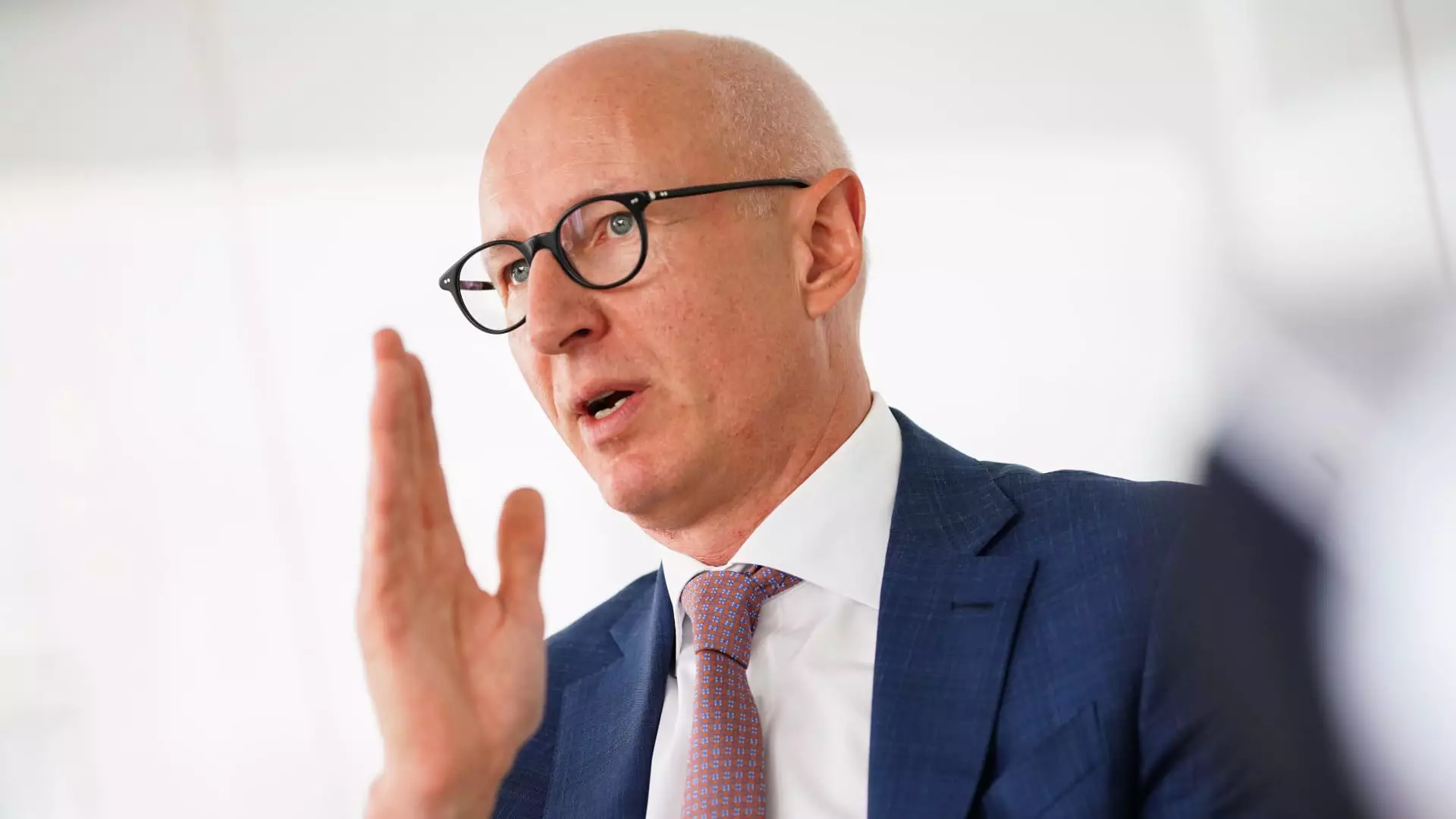As the wave of interest in diabetes and weight loss treatments continues to surge, Novo Nordisk’s CEO, Lars Fruergaard Jørgensen, is poised for a significant session of questioning from the U.S. Senate on Tuesday. This comes in the wake of increased public concern over the escalated costs of the company’s premium drugs, Wegovy and Ozempic. With demand for these medications hitting unprecedented levels, particularly in the United States, the Senate Health, Education, Labor and Pensions Committee is setting the stage for a critical examination of Novo Nordisk’s pricing strategies. This session follows an investigation led by none other than Senator Bernie Sanders, who has taken a firm stance against what he perceives to be exploitative pricing practices by the pharmaceutical industry.
Disparities in Drug Pricing
The heart of the issue lies in the stark contrast between the prices American consumers face and those found in international markets. Pre-insurance, Ozempic carries a staggering price tag of nearly $969 per month, while Wegovy is even higher at almost $1,350. These figures are alarming, particularly when juxtaposed with the relatively modest costs of these drugs in other nations; for instance, Ozempic is available in Germany for just $59, while the price for Wegovy in the United Kingdom is about $92. This disparity raises critical questions about the ethics of drug pricing and its implications for American consumers, many of whom are struggling with managing both diabetes and obesity.
Senator Sanders has underscored a crucial point: despite the high costs, generic versions of Ozempic could be produced for less than $100 a month while still yielding a profit for manufacturers. This statement not only highlights a glaring absence of affordable options in the U.S. market but also amplifies concerns regarding the monopolistic nature of the pharmaceutical sector. Currently, the lack of generic alternatives means consumers are forced to absorb exorbitant prices for medications that could otherwise be provided at significantly lower costs.
The Broader Implications for Healthcare
The ramifications of such steep pricing on the U.S. healthcare system are profound. Leading lawmakers and health experts have warned that the unrestrained demand for weight loss and diabetes treatments could impose an unsustainable financial burden on the healthcare system. With projections suggesting that if just half of the American population utilized weight-loss drugs from Novo Nordisk or its competitor Eli Lilly, the annual cost could skyrocket to $411 billion—an amount surpassing total expenditure on all prescription drugs in 2022—it’s clear that this is not a concern limited to individual consumers but one that could impact the very structure of U.S. healthcare financing.
The staggering sum of $4.6 billion spent by Medicare on Ozempic alone can serve as a bellwether for policymakers. Some insurance companies have already instituted stringent measures to manage costs by either limiting or outright eliminating coverage for weight loss drugs. Furthermore, it is crucial to note that Medicare currently restricts funding for these treatments unless they correspond to the treatment of other medical conditions, putting additional strain on those seeking help solely with weight management.
The urgency for reform is palpable as both sides of the political aisle recognize the need to address healthcare costs, notably through the pharmaceutical industry. With Americans frequently paying two to three times more for prescription drugs compared to peers in other developed nations, pressure is building for meaningful negotiations. The Biden administration’s Inflation Reduction Act introduces a framework for price negotiations, including Ozempic, poised to enter discussions by 2025. This initiative represents a pivotal moment in U.S. health policy, aimed at tempering the financial strain on American families.
As the Senate hearing unfolds, it will undoubtedly serve as a litmus test for Novo Nordisk’s commitment to fair pricing and equitable access to essential medications. The convergence of soaring healthcare costs, legislative scrutiny, and public demand for accountability may well inspire pivotal changes in the structure and pricing of pharmaceutical drugs in America.


Leave a Reply